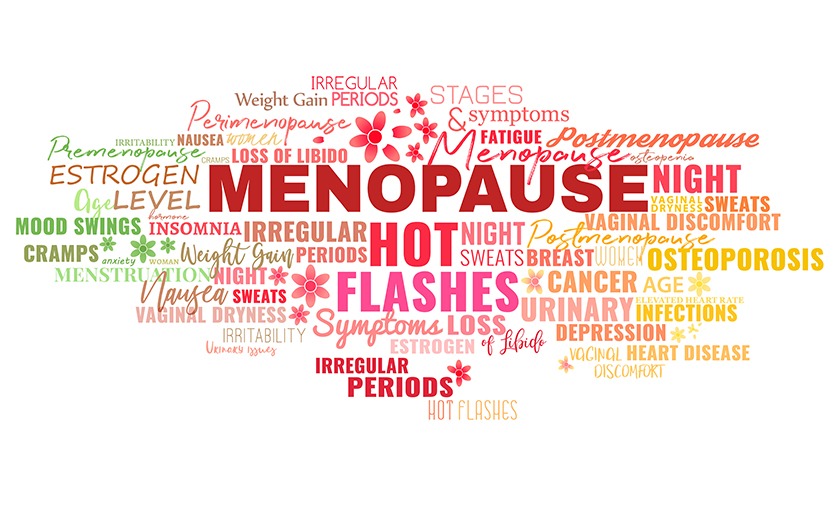
Let’s talk about hot flashes and menopause.
During menopause, which is a natural phase in a woman’s life typically occurring in her
late 40s or early 50s, the body undergoes hormonal shifts, particularly a decrease in
estrogen levels. One of the common symptoms many women experience during this
time is a phenomenon known as a “hot flash.”
Imagine this: You’re going about your day when suddenly you feel an intense warmth
spreading through your upper body, neck, and face. You might start sweating, and your
heart rate might increase. It’s like a sudden, unexpected heat wave. Hot flashes can be
triggered by various factors such as stress, spicy foods, caffeine, or even warm
environments.
Now, the science behind it is linked to the hormonal changes. The drop in estrogen
seems to affect the hypothalamus, which is like the body’s thermostat. The
hypothalamus gets a bit confused and thinks your body is overheating, even when it’s
not. In response, it triggers the body’s cooling mechanisms – dilating blood vessels,
increasing heart rate, and causing that sensation of heat and sweating.
Hot flashes can happen at any time of the day or night, leading to night sweats that
might disrupt sleep. They can be frustrating and uncomfortable, but the good news is
that they’re a temporary phase. For some women, they might last a few months, while
for others, they can persist for several years.
If you find that hot flashes are significantly impacting your quality of life, it’s always a
good idea to talk to us here at Juvenis Medical. We can offer advice, discuss lifestyle
changes, bioidentical hormone replacement.
Remember, you’re not alone in this, and there are plenty of strategies and support
available to help you navigate this natural phase of life. Feel free to reach out if you
have more questions or concerns!
